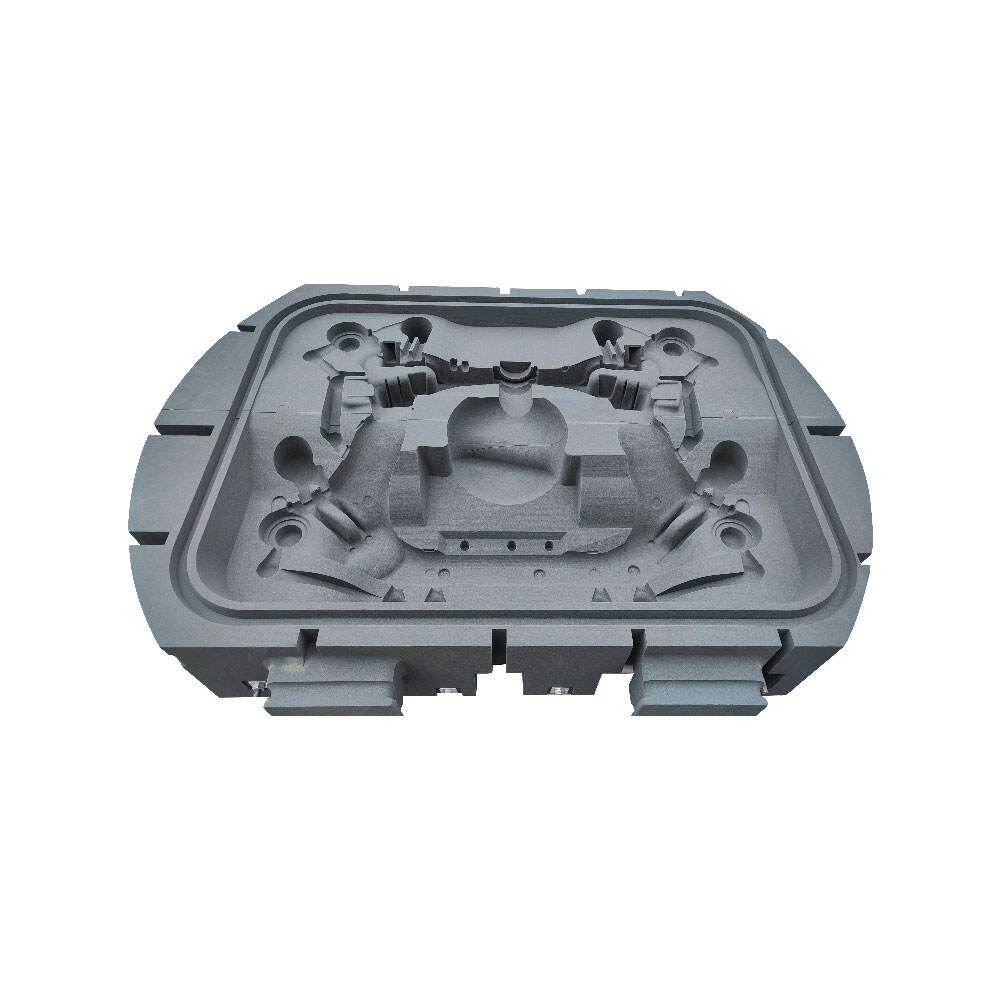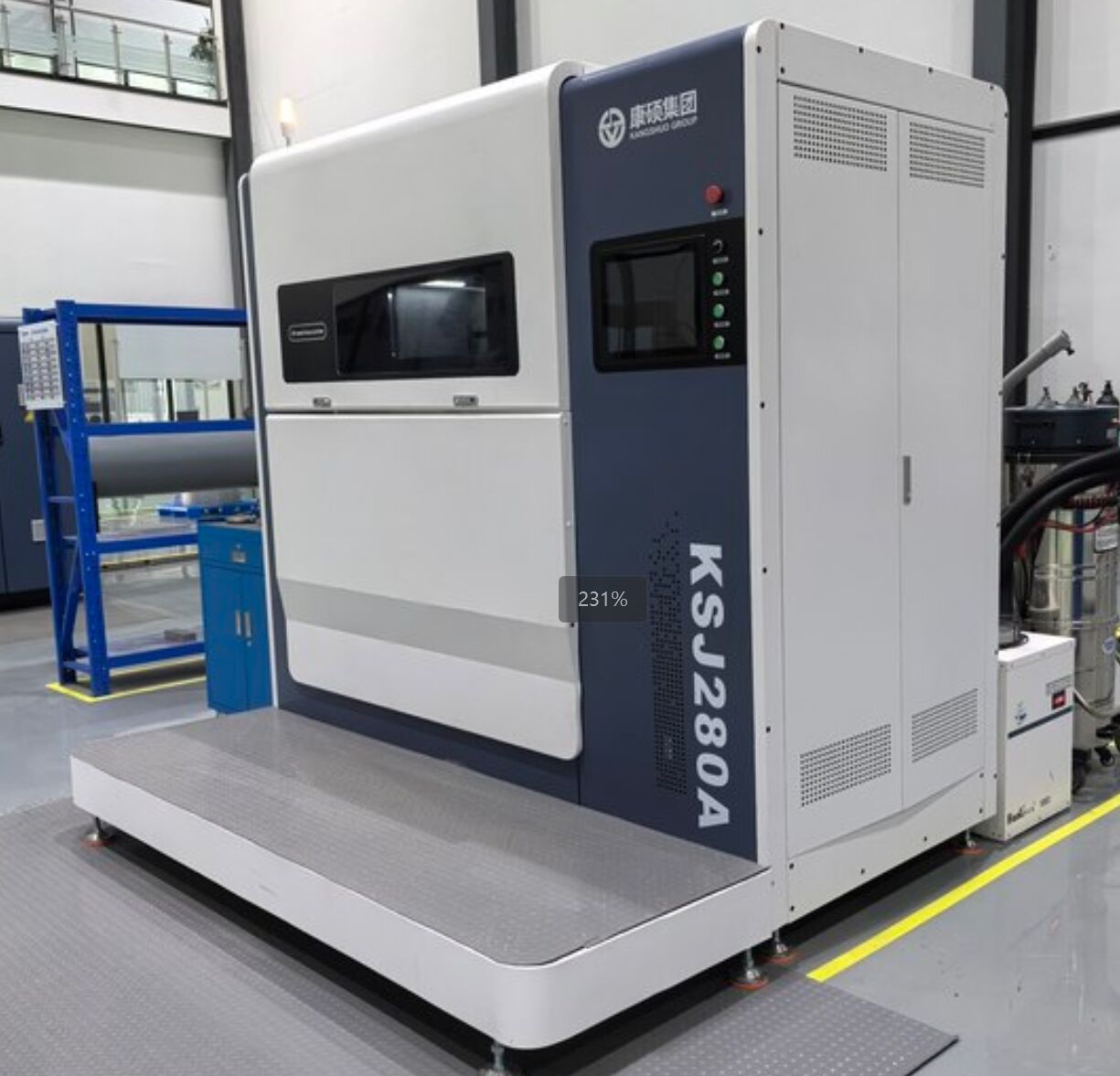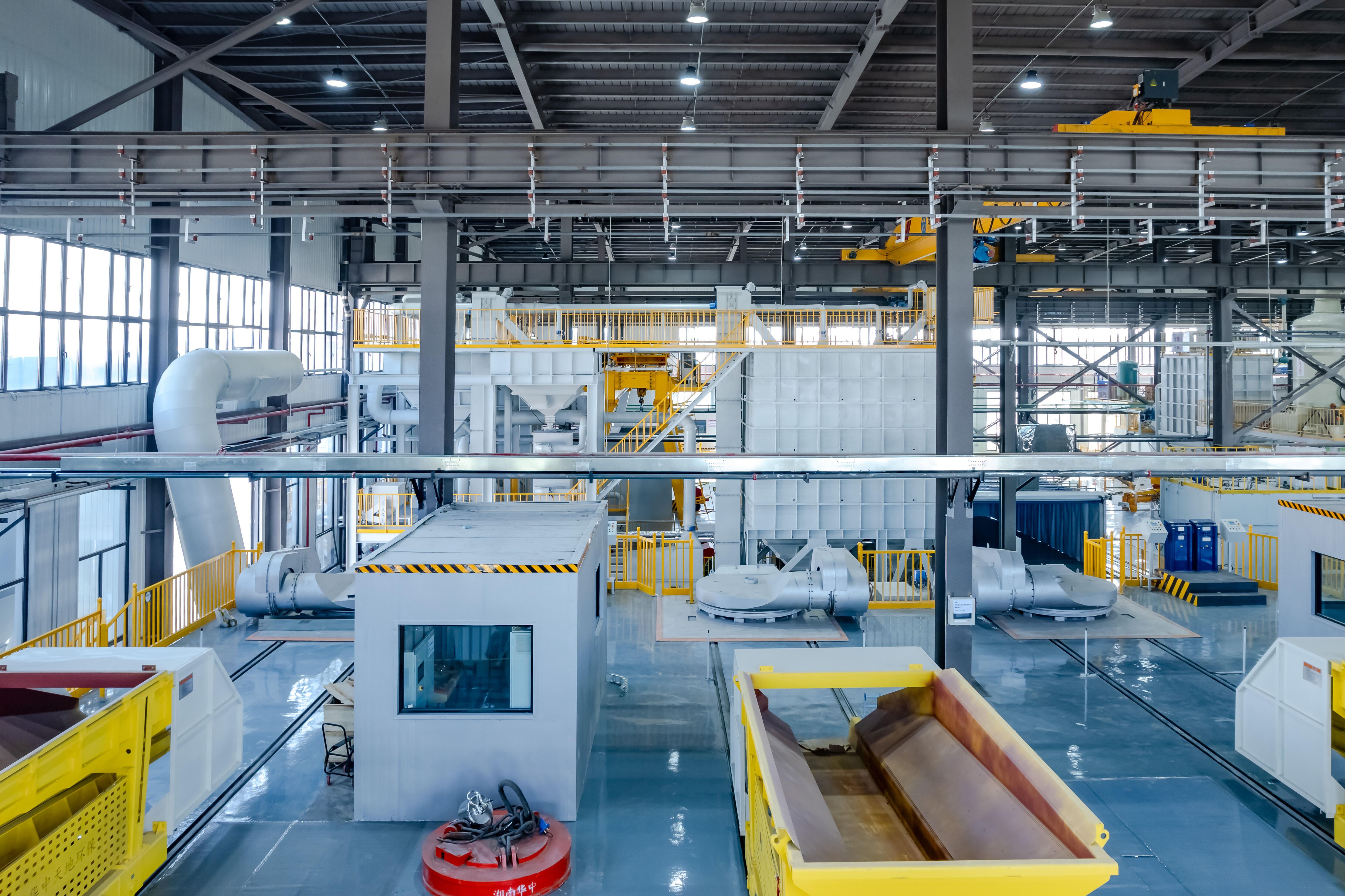aluminium casting price
Aluminium casting price represents a crucial factor in manufacturing processes, encompassing both the raw material costs and production expenses involved in creating aluminum components. This comprehensive pricing structure reflects various elements including material quality, casting method, production volume, and market demand. The price typically covers the entire casting process, from melting and pouring molten aluminum into molds to finishing and quality control. Modern aluminum casting techniques utilize advanced technologies such as die casting, sand casting, and permanent mold casting, each affecting the final price differently. The cost considerations extend to factors such as complexity of design, wall thickness requirements, surface finish specifications, and post-casting operations. Market fluctuations in raw aluminum prices, energy costs, and manufacturing overheads directly influence the final casting price. Additionally, the pricing structure accounts for specialized equipment, skilled labor, and quality assurance processes necessary to produce high-quality aluminum castings that meet industry standards.


